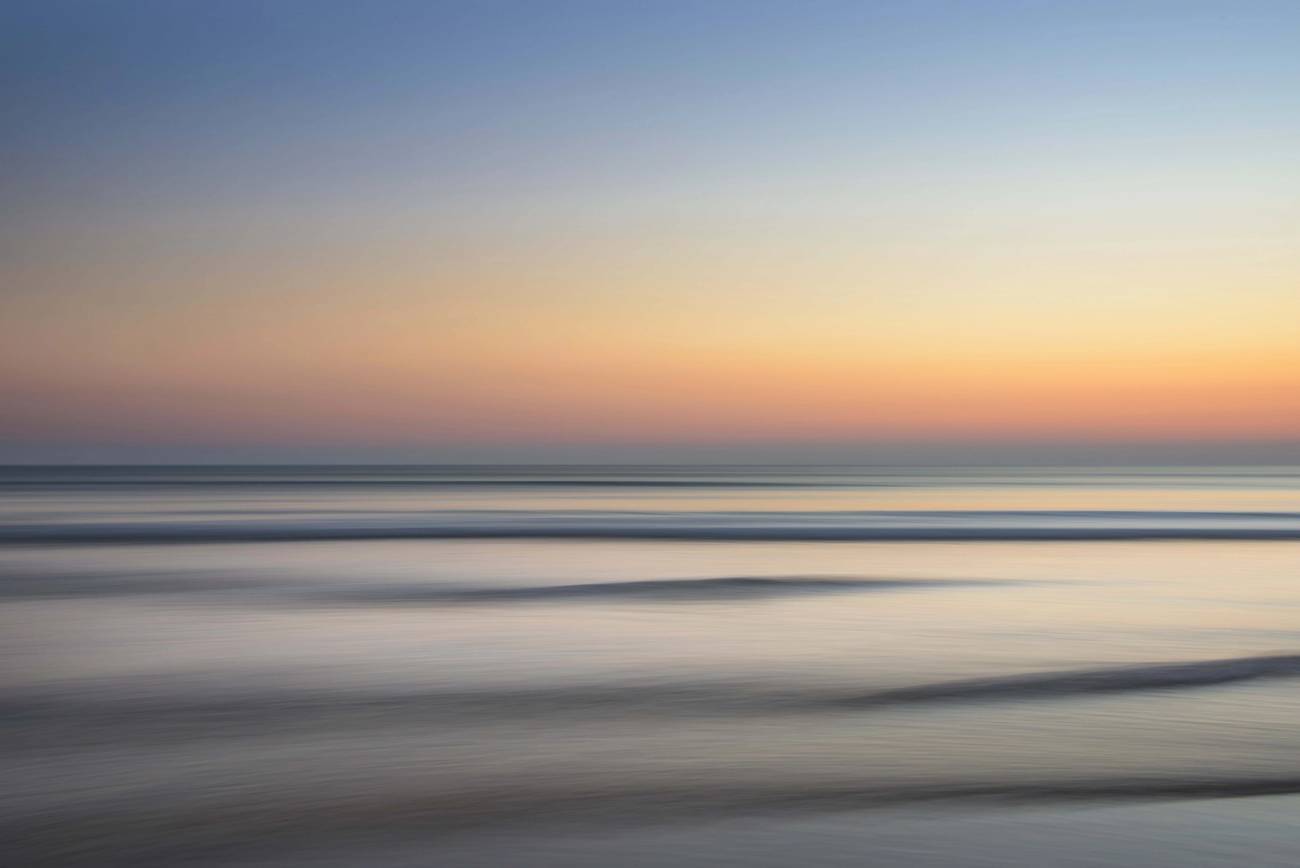August of the Pandemic Year, 2020
At 84, in the space between birth and death



Space and time end at the same moment for the dying and the dead. Without human experience, breath and mind go unremarked. Is there space between birth and death or is it time that tells us scary stories as we fall asleep? Our memories are sunk in the mud of time and so are our bodies and the physical life of all creatures, swimming, flying, prowling, mating, killing, eating, destroying each other, all destined for oblivion.
Is there space between birth and death or is there time or both?
More important it might be to act as the loving G-d to ourselves, the G-d that we wish we had at hand for the long troubles that so often come to humankind, which is rarely kind. Rabbi Abraham Joshua Heschel wrote a book, The Sabbath, in which he declared time holy, space to work and sleep and survive. But the separation of space from time or time from space is an attempt to make order out of the drifting tides of life which ends for all creatures, in skeletons left on the shore. Deep in the dirt, marked or unmarked, the dead of all species disappear.
Well yes, we do have the Museum of Natural History. But when the waves wash over Manhattan and the spiders spin their webs in halls that once echoed to schoolchildren’s whispers, time will seem less Godly and more like the batterer of hope that it is. The consumer of life, leaving behind for a while the struts of bridges, the innards of metal and steel, oven doors and shards of dishes. And then silence, holy silence or just empty silence. There is no reason to dwell on this. Certainly not on a beautiful summer day in a rented house halfway between the ocean and the bay.
In this my 84th year of life, I often feel peaceful. The chickens that live in a pen beside this rented house wander about. Their feathers are bright orange and silken black, tan and white. The red combs on their heads shake as they walk. There is no rooster. If chickens wrote manifestos we might have a brilliant feminist critique of the coop free of male pretentions. The eggs they leave for us in their nests are small and perfect. Nothing died to feed us.
Sometimes, though, the sun is too hot. A day or so ago the winds from the sea blew like dragon breath through the garden, knocking over planters of flowers. Branches bowed and swung above us. When I die, I will not miss the wind and the rain and the slapping of leaves against each other, because I will have no ears or eyes or wit to understand. The ego regrets this, but the mind accepts it.
Dylan Thomas said “Rage, rage against the dying of the light.” Nice line, but really his light went out because he drowned it in drink. Bloated and bleary, he cut his own time short. I assume he couldn’t help it. If he were a snake, he would have bitten his own tail and died silently under a lilac bush, decaying before the next full moon.
Not for the first time, I am wondering about the months between conception and birth. I am not so interested in the function of space and time. If I had three more children who would they be? Alligators have 50 or 60 babies at a time. They crawl all over their mother’s bodies, like little bugs, spotted and with tails. If an alligator mother dies, she need not worry that her genes have died with her. Perhaps this makes her feel better for not being able to fly like a sea gull, or run like a gazelle, or win a beauty contest among the creatures of the earth. Quantity is not necessarily quality, and quality also exists without quantity. But since I have existed in both space and time, I would like to have more of both. Or would I?
When I was born, in December 1935, Hitler was giving speeches in the Reichstag. Smart Jews, paranoid Jews, Jews with relatives elsewhere were already making plans. Now I have lived so long that the light unto the nations has turned into a dying matchstick, a flicker in the dark. When I was a child, Jackie Robinson was playing for the Brooklyn Dodgers. I thought America was on its way to a truly star-spangled sky.
My late psychoanalyst husband told me not to confuse the fate of the world with my own place in it. He was right, but I would still like to hear him tell me that again.
If God doesn’t exist, then He cannot be blamed for anything. If he exists the question arises, why such an unkind creation? Why is the daisy chain of life so bloody, so unforgiving?
Perhaps it is the fault of the daisies, who certainly may have complaints of their own.
Anne Roiphe is a novelist and a journalist.